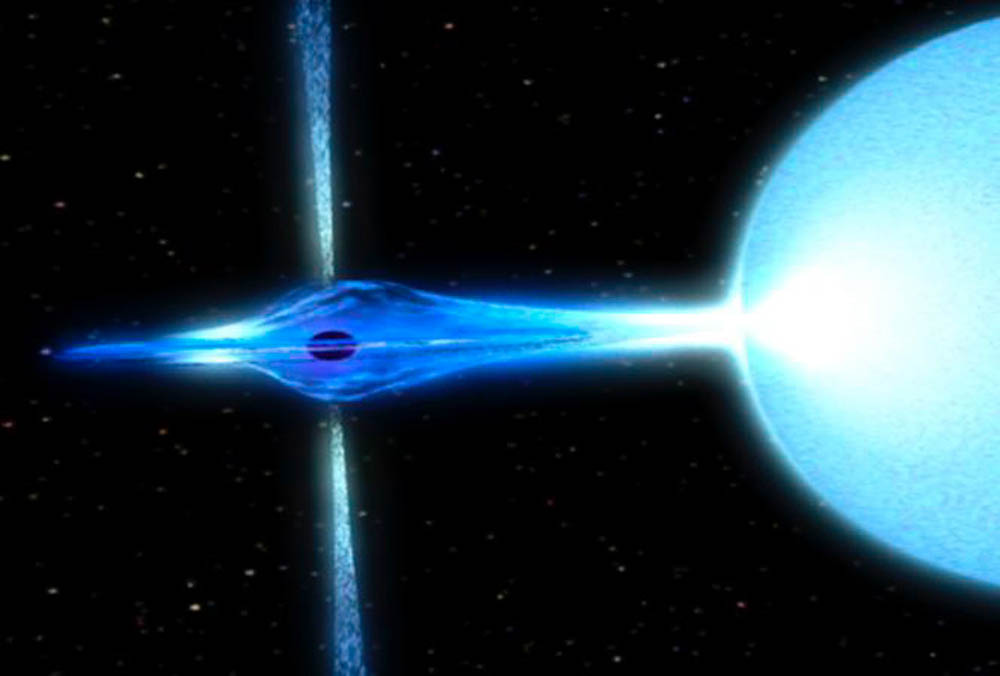See this review by Michelle Press in Scientific American (October 8, 2008): In The Black Hole War: My Battle with Stephen Hawking to Make the World Safe for Quantum Mechanics (Little, Brown, 2008), Leonard Susskind, a professor of theoretical physics at Stanford University, recounts the battle over the true nature of black holes that he and Dutch physicist Gerard ’t Hooft have waged with Stephen Hawking:
In 1976 Stephen Hawking imagined throwing a bit of information—a book, a computer, even an elementary particle—into a black hole. Black holes, Hawking believed, were the ultimate traps, and the bit of information would be irretrievably lost to the outside world. This apparently innocent observation was hardly as innocent as it sounds; it threatened to undermine and topple the entire edifice of modern physics. Something was terribly out of whack; the most basic law of nature—the conservation of information—was seriously at risk. To those who paid attention, either Hawking was wrong or the three-hundred-year-old center of physics wasn’t holding....Okay, now comes the politics:
The Black Hole War was a genuine scientific controversy—nothing like the pseudo-debates over intelligent design, or the existence of global warming. Those phony arguments, cooked up by political manipulators to confuse a naive public, don’t reflect any real scientific differences of opinion. By contrast, the split over black holes was very real.... It was not a war between angry enemies; indeed the main participants are all friends. But it was a fierce intellectual struggle of ideas between people who deeply respected each other but also profoundly disagreed.Aw, c'mon, Susskind. The public - who must make a living in circumstances more difficult than you can even guess - is not as naive as you imagine. And the hostility belies your claim that you are all "friends." I have so many better friends, I could lend you some for free.
There are lots of reasons for doubting Darwin and Susskind, and accepting a design of life and the universe.
I have not studied global warming, but do wish warming would hurry up. We had another frost warning last night, in Toronto, at latitude 43N. Good thing I never got around to planting the tomatoes ...
We are told:
The conservation of energy appeared first as a mathematical deduction from our models for classical systems but has been incorporated for all of physics. Let us not forget that the conservation of energy was in question in the 30's vis-à-vis beta decay. Bohr and Heisenberg thought that the conservation of energy was violated whereas Pauli, Rutherford and Dirac did not want to part with the conservation of energy.So no one really knows? Well, we shall see.



